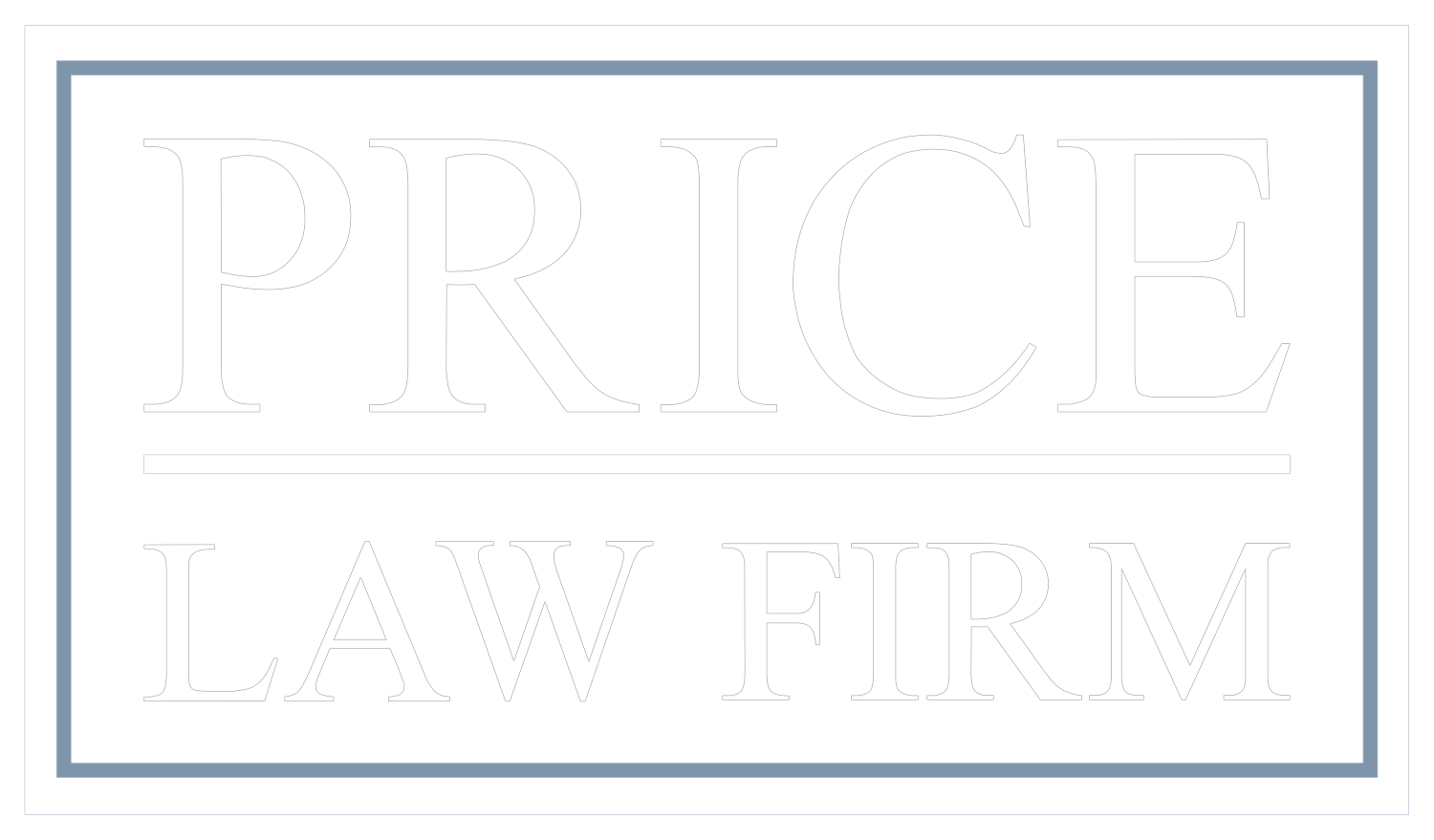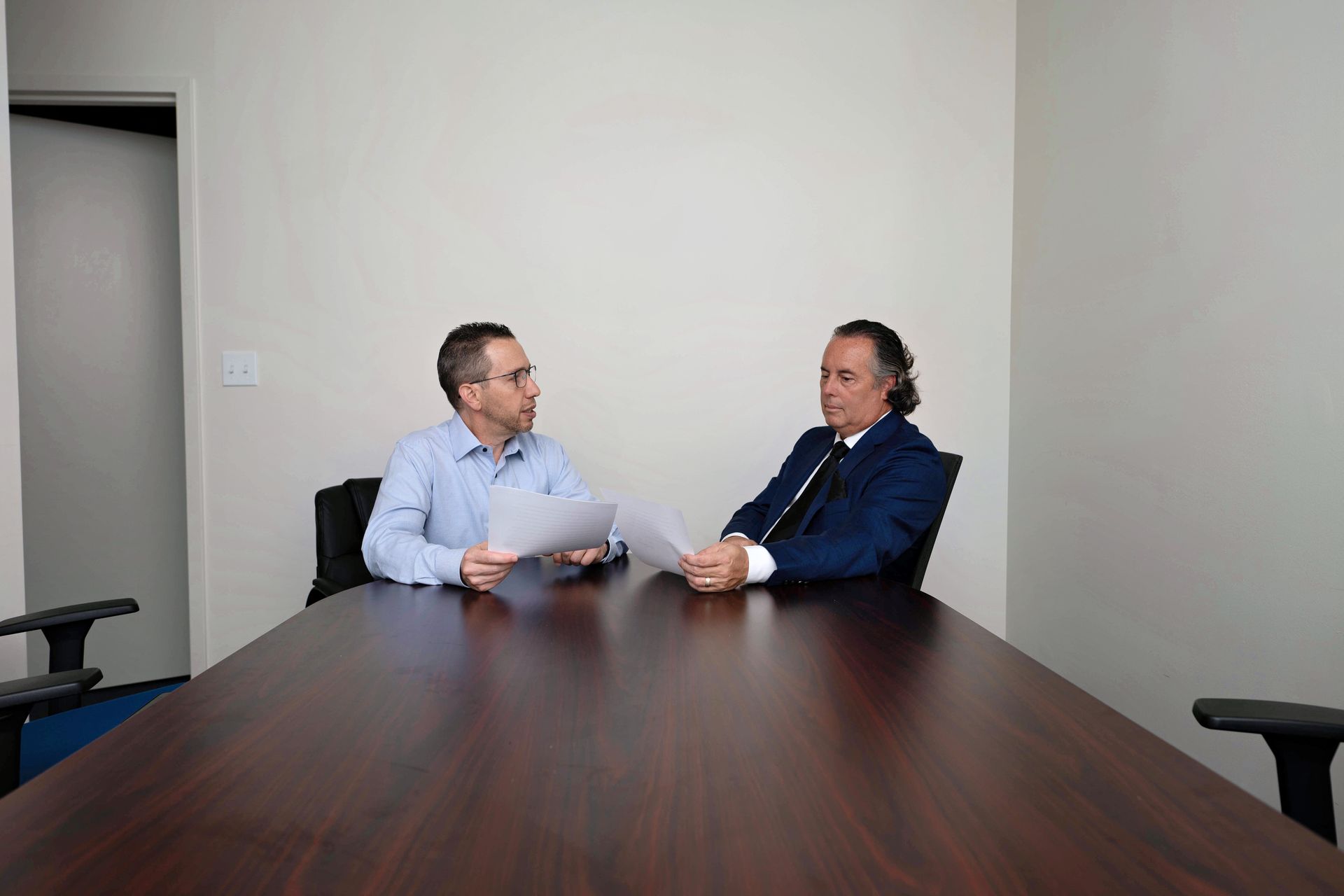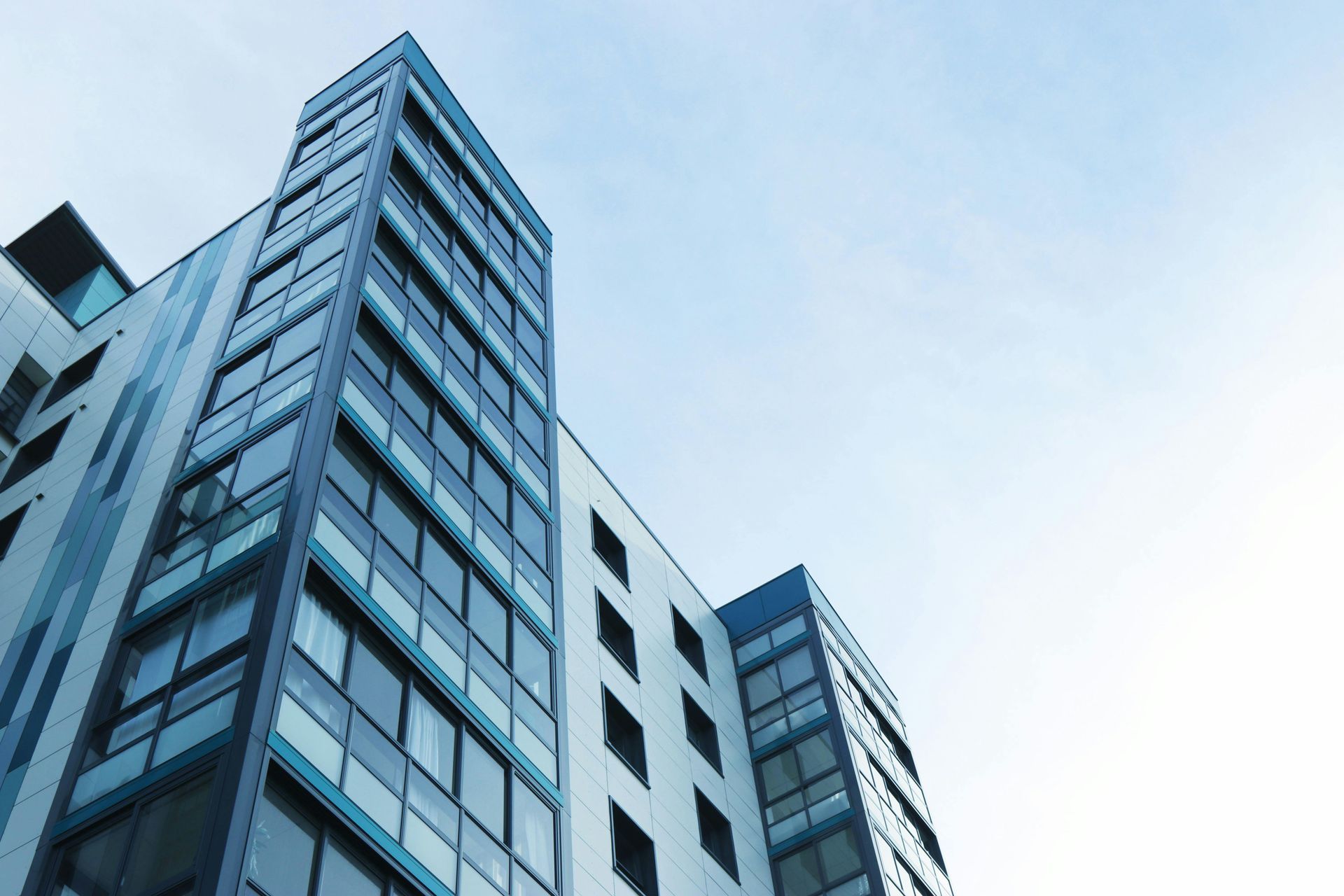
The Hidden Pitfalls of Buying a Laundromat in New York: A Legal Perspective
Buying a laundromat in New York may seem like an attractive investment—relatively low overhead, consistent demand, and minimal inventory. But beneath the surface, these transactions can be fraught with legal landmines.

As a lawyer, I’ve seen how costly missteps can be when due diligence is rushed or incomplete. Here are some key pitfalls prospective buyers should watch out for:
1. Lease Issues
Most laundromats don't own the buildings they operate in. That means the lease is critical—often more important than the business itself. Be wary of:
- Short-term leases: If the lease is about to expire or lacks renewal options, your investment may be worthless.
- Assignment restrictions: Some landlords require their approval to transfer a lease, and they can use this as leverage.
- Hidden rent escalations or CAM charges: Check for clauses that could increase costs unpredictably.
2. Environmental and Zoning Concerns
Many laundromats use commercial washers with large water outputs and chemical-based cleaning products. Ensure:
- The business complies with local environmental regulations.
- There are no outstanding violations from the Department of Environmental Protection or Buildings.
- The location is properly zoned for laundromat use, especially if machines were installed without proper permits.
3. Utility and Equipment Disputes
Utility costs are a major expense for laundromats. During due diligence:
- Audit the utility bills (gas, water, electricity) for the past 12-24 months.
- Inspect equipment leases carefully—some sellers lease machines at high rates, which become your burden post-sale.
- Ensure all equipment is owned free and clear—or get a full list of encumbrances.
4. Revenue Misrepresentation
This is one of the most common and difficult issues:
- Many laundromats are cash businesses, making income easy to inflate.
- Request tax returns, bank statements, and utility usage reports to cross-check reported revenue.
- Consider engaging a forensic accountant for high-value purchases.
5. Employee Misclassification
Even if the laundromat only has a few workers, improper classification or unpaid wages can lead to:
- Wage and hour claims
- Worker's comp liabilities
- Tax penalties for failing to report properly
6. Undisclosed Liens or Judgments
Always run:
- UCC lien searches
- Judgment searches
- Tax lien checks to ensure you're not inheriting the seller's financial problems.
7. Permitting and Licensing
Every laundromat in NYC must have a laundromat license from the Department of Consumer and Worker Protection. Make sure:
- It’s active and in good standing.
- There are no pending violations.
- The business has passed recent FDNY and Department of Health inspections, if applicable.

Buying a laundromat in New York can be a smart move—but only if approached with caution. Engage qualified professionals early, including a transactional attorney, CPA, and commercial inspector. A bit of extra diligence up front can save you years of legal headaches down the road.
If you’re considering purchasing a laundromat or have questions about commercial transactions in New York, feel free to reach out.
Don’t leave your legal matters to chance. SCHEDULE A CONSULTATION OR CALL US AT (212) 675-1125 for a personalized consultation and let our experts guide you through every step of the process.
Joshua Clinton Price
Founder of The Price Law Firm LLC
Josh Price is a lawyer who is sought by clients with complicated cases because of his extensive knowledge of the law and his ability to help the law evolve.
Search an article
Contact Us for a
FREE Consultation
Blog (Website Form)
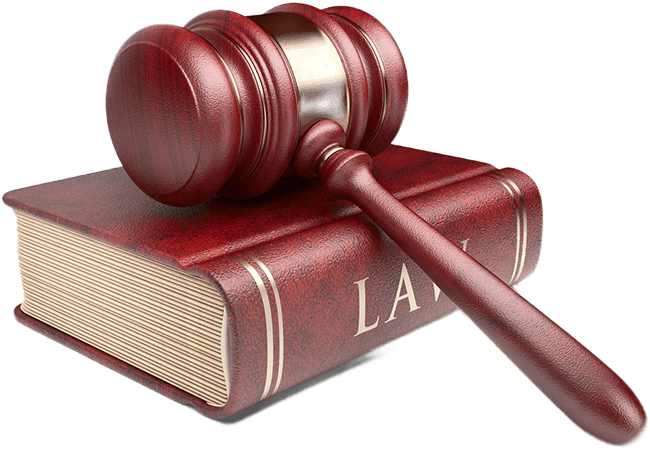
Facing a real estate issue?
Contact us to schedule a consultation and get expert legal advice tailored to your specific needs and circumstances.
OR CALL US NOW AT:
SHARE THIS ARTICLE:
Recent Posts
Get Expert Legal Advice


